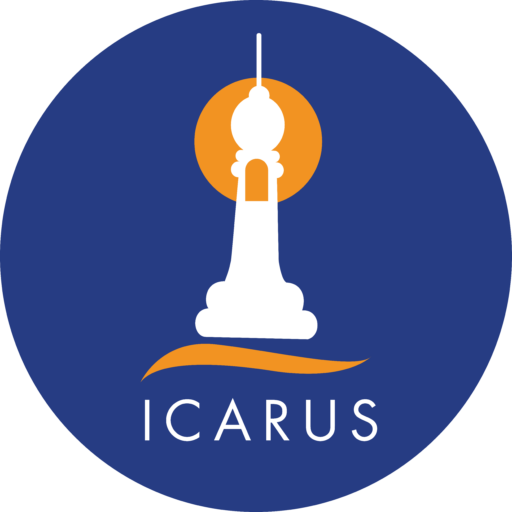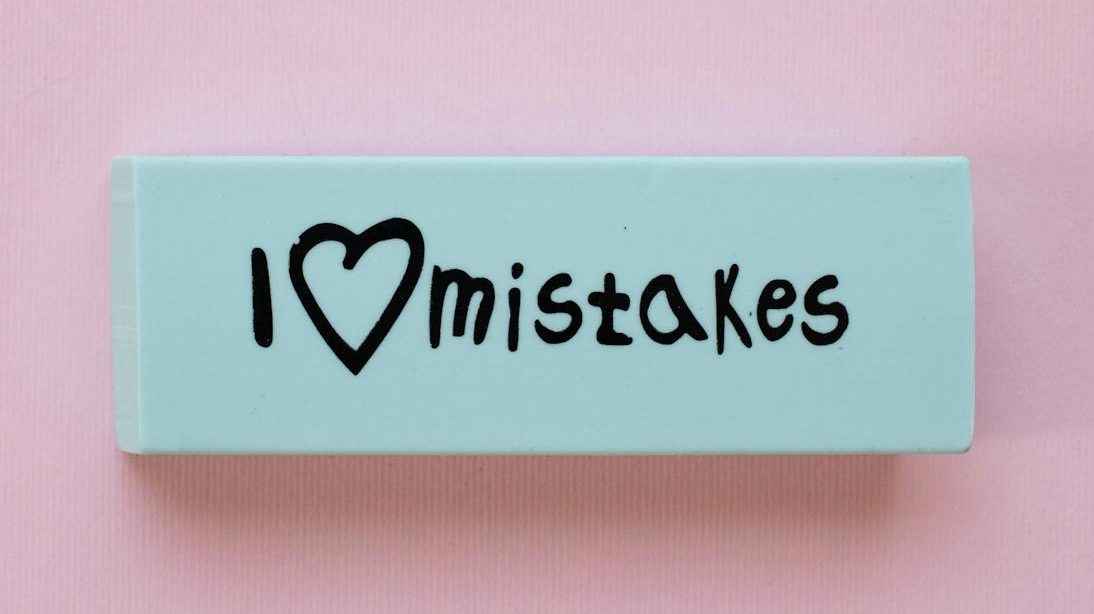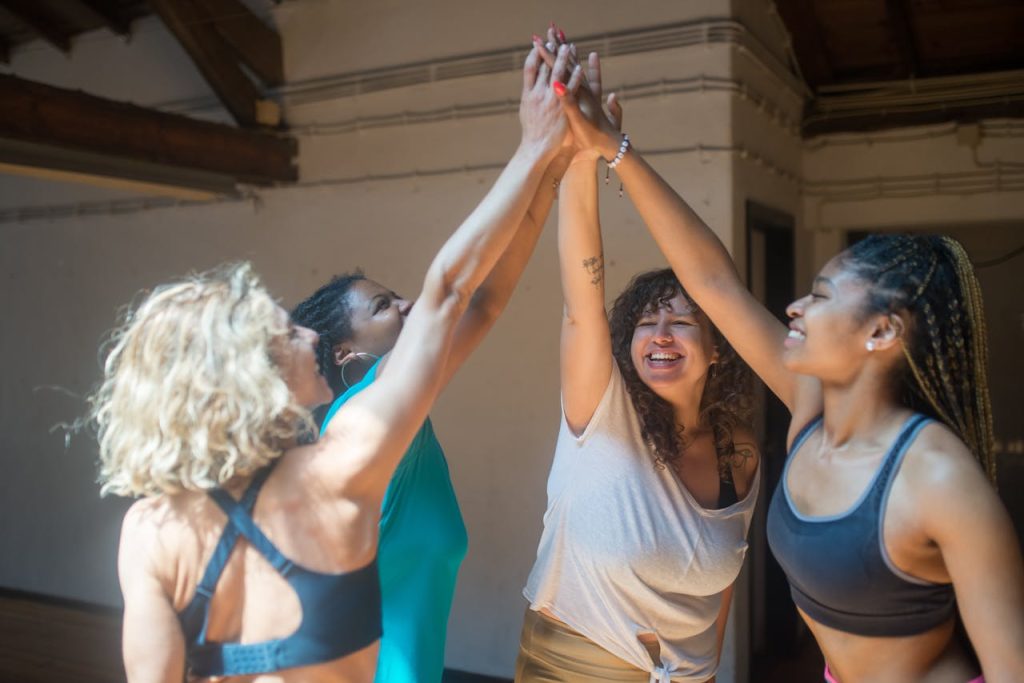Traditionally regarded as something to be avoided in educational settings, error can play a strategic role in transformative learning processes—especially in socially vulnerable contexts such as prisons. This contribution explores the pedagogical value of error in light of the European project ICARUS – Including Chess As a Re-education Up-Skilling Tool (KA220-ADU-D5940462), with specific reference to the Self-Development Handbook developed in WP4. Through integrated theoretical analysis and an examination of the chess-based training modules, the article aims to show how structured learning environments can restore an emancipatory and metacognitive function to error.
1. Introduction
Education in prison represents a complex challenge, where the categories of failure and error are often laden with moral and punitive connotations. In such a framework, reframing the role of error from obstacle to resource represents a fundamental paradigm shift. As Dewey (1933) suggests, learning does not result from experience alone, but from reflection upon that experience. In line with this approach, the ICARUS project offers a training framework that integrates playful and self-reflective dimensions, providing both theoretical and operational tools to reconceptualize error as an integral part of personal growth.
2. Theoretical Framework: Error Between Transformative Learning and Metacognition
According to transformative learning theory (Mezirow, 2000), error acts as a disorienting dilemma—a moment of disruption capable of triggering a process of cognitive and identity restructuring. Such dynamics emerge in educational environments that suspend judgment and foster reflection. Schön’s (1983) model of the reflective practitioner emphasizes the importance of both reflection-in-action and reflection-on-action, a perspective especially relevant for educators working in prison contexts.
Within the domain of cognitive science applied to education, Dweck (2006) has shown that a growth mindset orientation enables learners to interpret error not as a limit, but as an opportunity for learning and adaptation. These insights align with the aims of the ICARUS project, which promotes training modules that make error something to be explored and reworked.
3. The ICARUS Learning Environment: Structuring the Possibility to Fail
Within the Self-Development Handbook developed by the ICARUS consortium, chess is not used as mere recreation but as a pedagogical medium to develop metacognitive, social, and emotional skills. Each potentially mistaken move becomes an opportunity to stimulate self-reflection, anticipate consequences, and foster behavioral self-regulation.
The modular structure of the Toolkit includes dedicated moments for analyzing error in both its cognitive and emotional dimensions. This approach not only counters internalized punitive logics but promotes a vision of learning as a continuous process of attempts, failures, and reformulations. The resulting educational environment becomes a safe space in which error does not lead to exclusion but is instead included as a constitutive element of the learning journey.
4. Error as a Practice of Reintegration and Self-Rewriting
In prison, error is often experienced as a stigmatizing identity. However, through educational practices such as those developed in ICARUS, error can be decontextualized and reframed as an opportunity for reintegration. The game becomes a simulation that allows incarcerated individuals to make choices, face consequences, and develop strategies—without real-world risks, but with meaningful formative outcomes.
As Kolb (1984) notes, experiential learning is based on a cycle of concrete experience, reflective observation, abstract conceptualization, and active experimentation. In this cycle, error represents a critical threshold between observation and re-elaboration, and it is through managing error that awareness and personal agency are constructed.
5. Conclusions and Pedagogical Implications
Restoring error to its formative function—particularly in fragile environments such as prison—means recognizing the centrality of the person over normative judgment. The ICARUS project demonstrates how the integration of playful methods, reflective modules, and reciprocal educational relationships can redefine error as a catalyst for transformative learning.
For educators, this implies a shift in stance: no longer “correctors” of error, but facilitators of self-reflective processes. For incarcerated learners, it means reclaiming the right to err—and with it, the possibility of reconstructing a narrative self open to change.
References
- Dewey, J. (1933). How We Think: A Restatement of the Relation of Reflective Thinking to the Educative Process. D.C. Heath.
- Dweck, C. S. (2006). Mindset: The New Psychology of Success. Random House.
- Kolb, D. A. (1984). Experiential Learning: Experience as the Source of Learning and Development. Prentice Hall.
- Mezirow, J. (2000). Learning as Transformation: Critical Perspectives on a Theory in Progress. Jossey-Bass.
- Schön, D. A. (1983). The Reflective Practitioner: How Professionals Think in Action. Basic Books.
- Skill Up et al. (2025). ICARUS – Self-Development Handbook (WP4). Erasmus+ KA220-ADU-D5940462.
Authored by: SKILL UP








